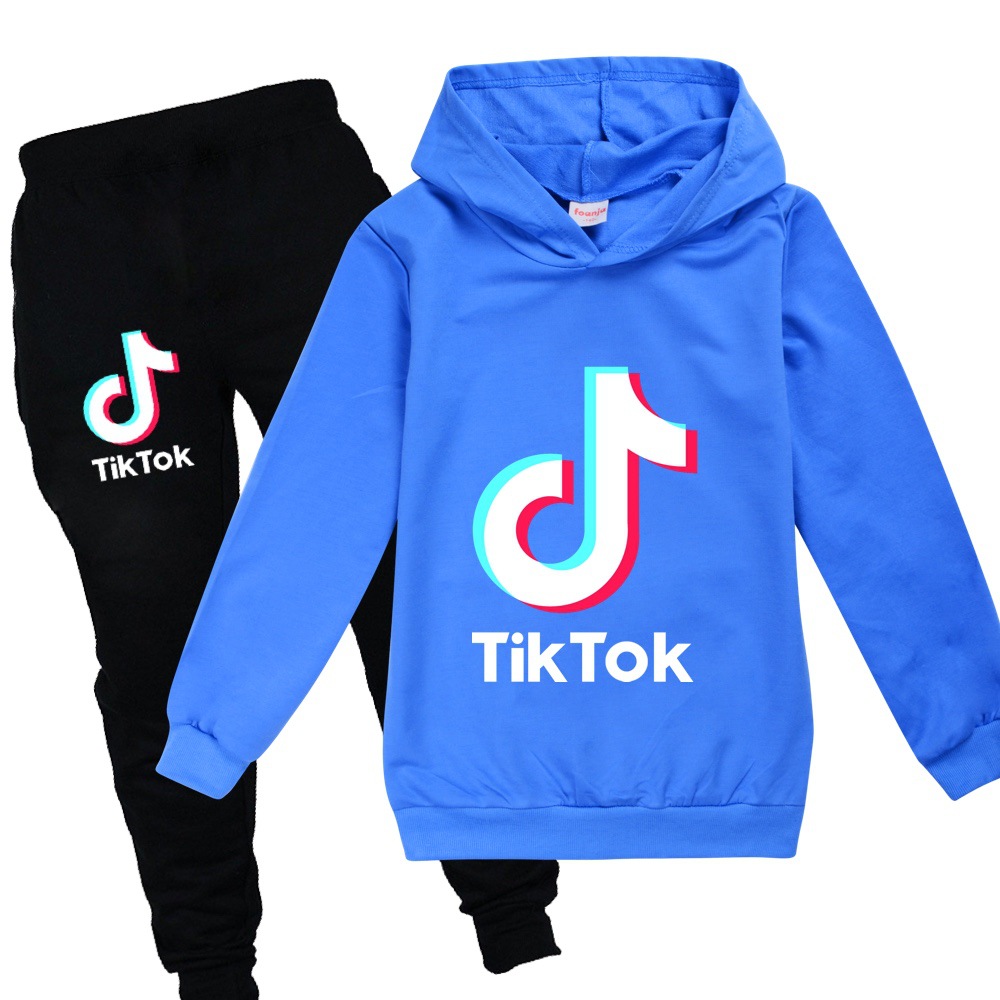

She didn't feel as if she could be herself.Īnother app Blackmon checked out, but only as a spectator, was Vine. “You have to be on vacation,” Blackmon says, “or doing something extravagant,” which she wasn't. Building an audience on Instagram proved harder. She talked about getting married at 19 (she's since divorced) and the time she tried (and failed, hilariously) to work as a stripper.
TIK TOK STARS CLOTHES RIPPED OFF SERIES
On YouTube, she posted videos about her life in a series she called STORYTIME. Photograph: Jessica Pettwayīefore she made it big on TikTok, Blackmon had built modest followings on other platforms. It is both the most exciting cultural product of this time and also at grave risk of alienating the very people it needs to succeed. So I started reaching out to TikTokers in all parts of the country, some veterans of the app, others new to it, to learn about their experiences, to see what was going on. I'd heard stories like Blackmon's, bits and pieces of discouragement and grievance, but I wanted to understand it fully. As TikTok has grown to more than 800 million users, it has begun to mirror the larger world: the quirks, passions, and prejudices of the people who have started to populate and influence the form. The app's directive, it seems, is to optimize happiness.
TIK TOK STARS CLOTHES RIPPED OFF FULL
In my casual use, I often find myself spellbound by its gonzo humor and mini-blockbusters, full of conceptual daring. Is this what it meant to be Black and unapologetic on TikTok? Blackmon made a video protesting censorship-and was censored. “Then why did they take my sound down from my video, from my pro-Black rap that went viral yesterday? I wonder.” It was almost too absurd.

“Isn't this funny-TikTok doesn't silence Black creators?” she says in a mocking tone. The following day, sans makeup, Blackmon uploads another video, done in one off-the-cuff take. “They are picking on certain types of creators.” She's left only with a suspicion, a taste of something bitter. When she looks for a way to appeal the decision, she can't find one. She reflects back on the video-no cursing, no hate speech, nothing too controversial. As is typical in these cases, she's given no explanation or notice of any kind. TikTok often mutes posts for violating its community guidelines, but Blackmon isn't told which guideline she violated. “That one did not sit well with my spirit.” “You know how you get an instinct where you're like, ‘That's not right’?” Blackmon tells me in June, when we talk by phone. In her three months on the app, it's a first. Her freestyle post is still there, but it's now silent.

When Blackmon opens TikTok again the following morning-“to check my views,” she says-she realizes something has gone wrong. None of them performs quite as well as the initial freestyle, but she's satisfied and considers the day a win. In one, she urges followers to donate “to the collection plate in my bio” (aka her CashApp). Blackmon uploads three more videos throughout the day.


 0 kommentar(er)
0 kommentar(er)
